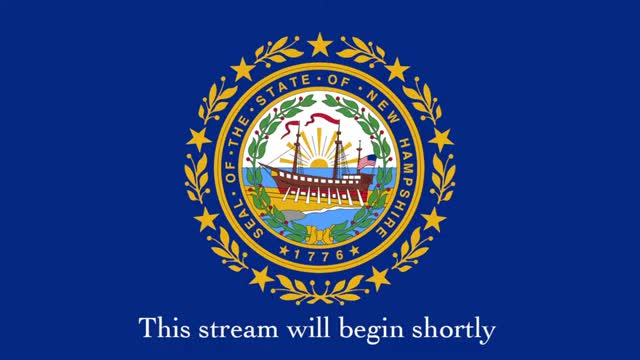House hearing probes stable tokens, tokenized real‑world assets and a proposed study commission
Get AI-powered insights, summaries, and transcripts
Subscribe
Summary
Representative Keith Ammon asked lawmakers to create a study commission to recommend a New Hampshire legal framework for stable tokens and tokenized real‑world assets.
Representative Keith Ammon introduced House Bill 310 on behalf of sponsors, asking the Commerce and Consumer Affairs Committee to create a study commission to develop a New Hampshire legal framework for issuers of stable tokens and tokenized real‑world assets.
The bill would not itself charter a state stablecoin but would direct appointed experts to recommend what state law should require of issuers who back digital tokens with U.S. dollars, treasury securities or tangible assets such as gold or real estate. Ammon told the committee the goal is to position the state to respond to a rapidly evolving federal and private‑sector landscape.
Why it matters: tokenization and stablecoins already move large volumes of value across borders and are attracting attention from banks and investment firms. Supporters say a state‑level study can clarify consumer protections, auditing requirements and the interaction with federal law. Reluctant lawmakers and at least one committee member warned of criminal finance risks, and other witnesses urged careful attention to commission membership and balance.
Definitions and Ammon's pitch Ammon described a stable token as a blockchain token “backed by US dollars, treasuries” that pegs to the dollar and a tokenized real‑world asset as a digital unit representing ownership of something tangible or intangible. He repeatedly framed the bill as a study commission — “to craft legislation for the future” — not a move for the state to issue its own token. Ammon pointed to pending federal draft legislation and to Wyoming’s announced plan to operate a state‑linked stable token as reasons to study options now.
Questions from lawmakers and AML concerns Committee members pressed specifics. Representative Gibbs and others asked whether state action would conflict with future federal law; Ammon replied that states retain authorities such as trust and banking charters and can complement federal rules. Representative Spears raised a law‑enforcement concern, telling the committee he had been told some states had become hubs for money‑laundering tied to stablecoins; Ammon said such risks should be investigated and guarded against.
Composition and balance of the commission Representative Burrows asked how appointees would be balanced and warned commissions can be “stacked” toward a particular outcome. Ammon said he would consider adding seats (for example, on uniform law commissions) to increase balance. Several lawmakers asked that the commission include the Banking Department and securities regulators.
Voices from government and experts Seth Zaraki, general counsel for the New Hampshire Banking Department, testified he had no objection and said the department would participate if the commission is created. Zaraki also made a clarifying legal point to members: “It is not a currency,” when asked whether stablecoins are the same as U.S. currency.
Charles Mooney, a Uniform Law Commission commissioner, told the committee a commission could complement the UCC’s Article 12 (digital assets) by addressing the legal link between a digital record and the underlying real‑world property and said state experimentation is valuable while federal policy remains unsettled.
Public comments and advocacy Public testimony included investors, advocates and entrepreneurs who argued the state should prepare to enable innovation or to protect residents. Speakers urged clear auditing rules, proof‑of‑reserves and consumer protections to prevent misrepresentation of backing assets.
Ending and next steps The committee closed the public hearing on HB 310 and moved toward subcommittee scheduling. Members said they expect to refine appointments and duties before writing any statutory duties for the commission.
